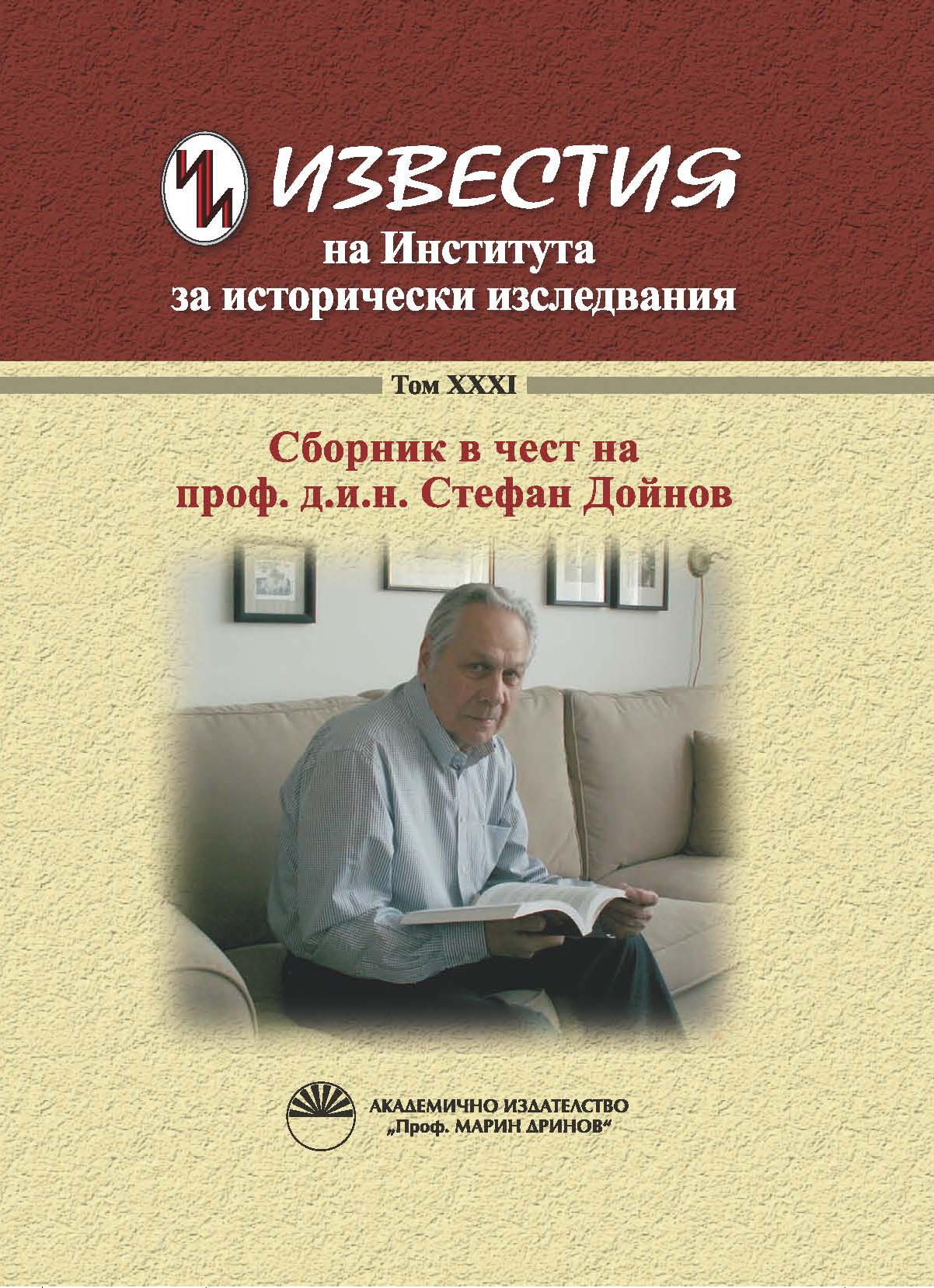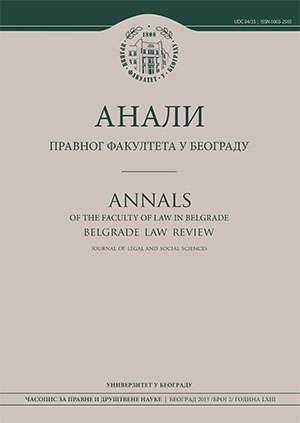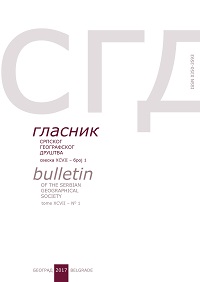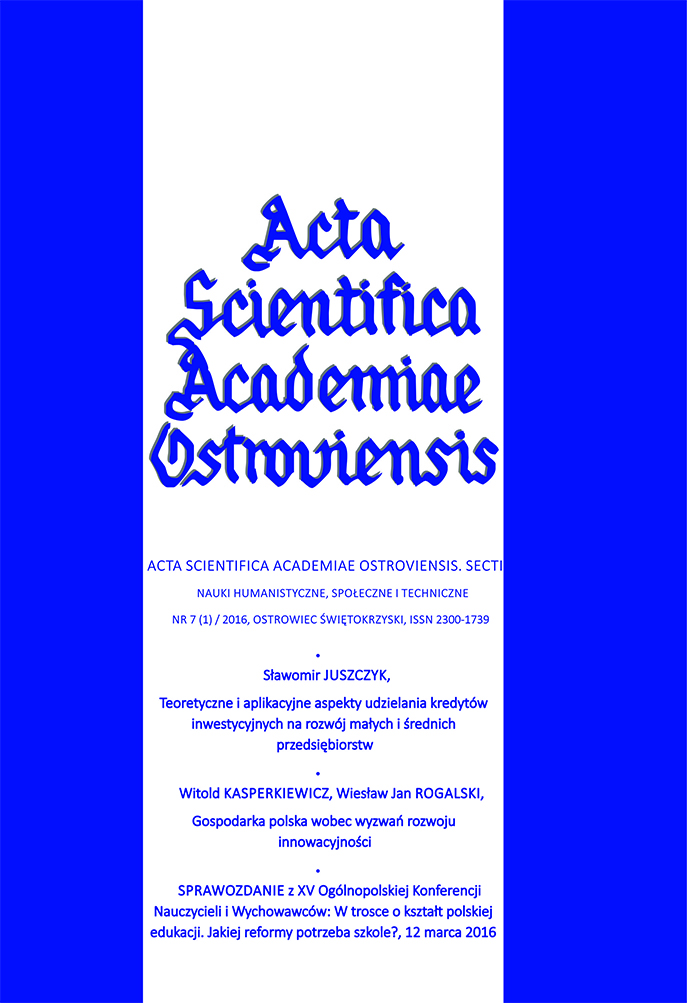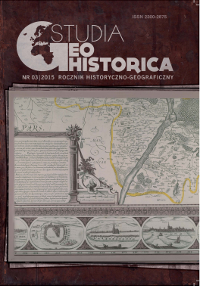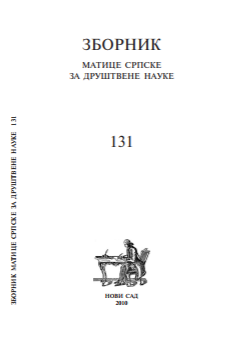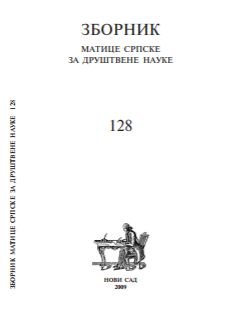КУЛЬТУРНО-ДОЗВІЛЛЄВІ ПРАКТИКИ ХІХ СТ.: ВІД ЕЛІТАРНОЇ ДО ЕГАЛІТАРНОЇ ПАРАДИГМ
The article covers processes of elitist paradigm of leisure’ transformation into egalitarian one, which took place during the second half of the XIX-th century. Evolution of leisure practices was influenced by democracy development, urban processes, science and technology achievements, new type of social and economic relations’ emerging.The article prove that industrialization had reasoned strict division of social life to sphere of work and sphere of leisure, correspondingly setting work time and free time. The base for work time’ reducing was J.A.Komensky’ theory of "three octads" lately substantiated by German physician C.W.Hufeland (1762-1836): eight hours to sleep, eight hours to work, eight hours to have rest and leisure. The strict separating of free time and work tome indicates differences between urban culture of Modern age and rural archaic culture, while setting urban life within two spheres which are relatively autonomic: work time and free time, work time and rest time, time for productive activity and time for leisure activity. In major part of highly developed countries the ultimate work time was setting and legislatively approved in 10 hours. 8 hours work time was set only for some branches’ workers in England, German, France but it wasn’t governmentally approved anywhere.Urbanization went with spreading city values among all rungs in the society. City had concentrated a great amount of heterogeneous population pretend to have its own entertainments, forming its active demand for public forms of leisure. City bourgeois had became the main consumer of cultural services proposed by leisure centers and one didn’t just consumed but determined leisure services and goods’ flow with own tastes and demands.Communicative system of society had became more perfect thanks to technical innovations. It was science and technology progress that prepared a ground for cinematograph origination. "Magic lantern", mutoscope, kinetoscope used to entertain public in fairs and parks were its precursors. Inventing of electricity had made possible night entertainments.The tendency toward aristocracy and busyness, science, artist, establishment bureaucracy elites integration was under analysis in the article. Aristocracy tried to keep its exclusiveness and unapproachableness while considering middle class a member of society’ upper. Noblesse made its conduct using rules, rituals, convenances and its public ignoring made one out of this society. The process of elitist leisure paradigm transformation to egalitarian one was demonstrated on the issue of middle class union with nobles as an implication of middle class taking part in aristocratic forms of leisure. As to proletariat who experienced lack of social and political freedom tavern had became a universal place to have rest.Commercialization of a leisure was a characteristic feature of the XIX-th century and became a kind of mediator between individual and his/her needs, quickening false and factitious pleasures (need for sharp feelings, refine lust, external shine) proposing clichéd forms of moral and cultural demands’ satisfaction. The conclusion proposed that leisure practices developed in the XIX-th century because of various social transformations, rationalization of production, scientific discoveries, but primarily because of culture paradigm changes. Mass culture appearing had led to "junction" of leisure practices, appropriated for different social classes: fondness of cinematograph, circus, sports, theaters, clubs and meetings’ membership.Meanwhile private leisure of major part of common people whose life was economically and socially dependent was reduced to spent time in taverns, inns, where visitors gambled, cheated, drank mostly.The core of bourgeois society’ system of values is private property owning, so relations are determined with level of income, capital, estate status. Humanistic values transform to hedonism, material comfort and passive consumption. It was these factors that made the conditions to posit right to have leisure not just for "exclusive" but for common people since late XVIII-th – early XIX-th centuries, leisure values become more democratic, different leisure practices become more approachable for common people. Transformation of leisure services into commodity sharpens contradictions between leisure as a sphere of spiritual and leisure as a commercial activity.
More...

